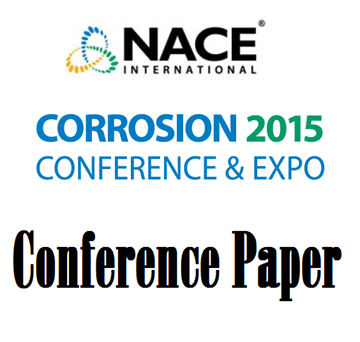Search
01513 HIGH TEMPERATURE EROSION RESISTANT MATERIALS FOR PETROLEUM REFINERY EQUIPMENT
Also Purchased
96614 MATERIALS OF CONSTRUCTION FOR REFINERY APPLICATIONS
Product Number:
51300-96614-SG
ISBN:
96614 1996 CP
$20.00
97510 THE USE OF CLAD PIPING COMPONENTS FOR REFINERY APPLICATIONS
Product Number:
51300-97510-SG
ISBN:
97510 1997 CP
$20.00
Erosion-Corrosion Study of Oilfield Materials Due to Liquid Impact
Product Number:
51315-6136-SG
ISBN:
6136 2015 CP
Publication Date:
2015
$20.00




